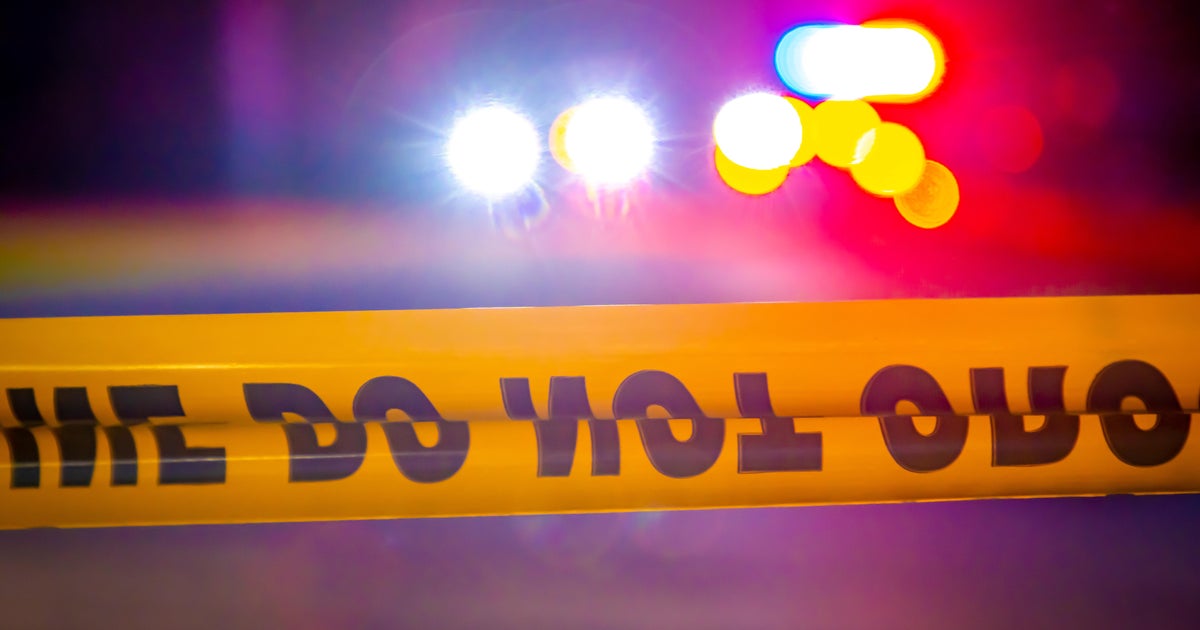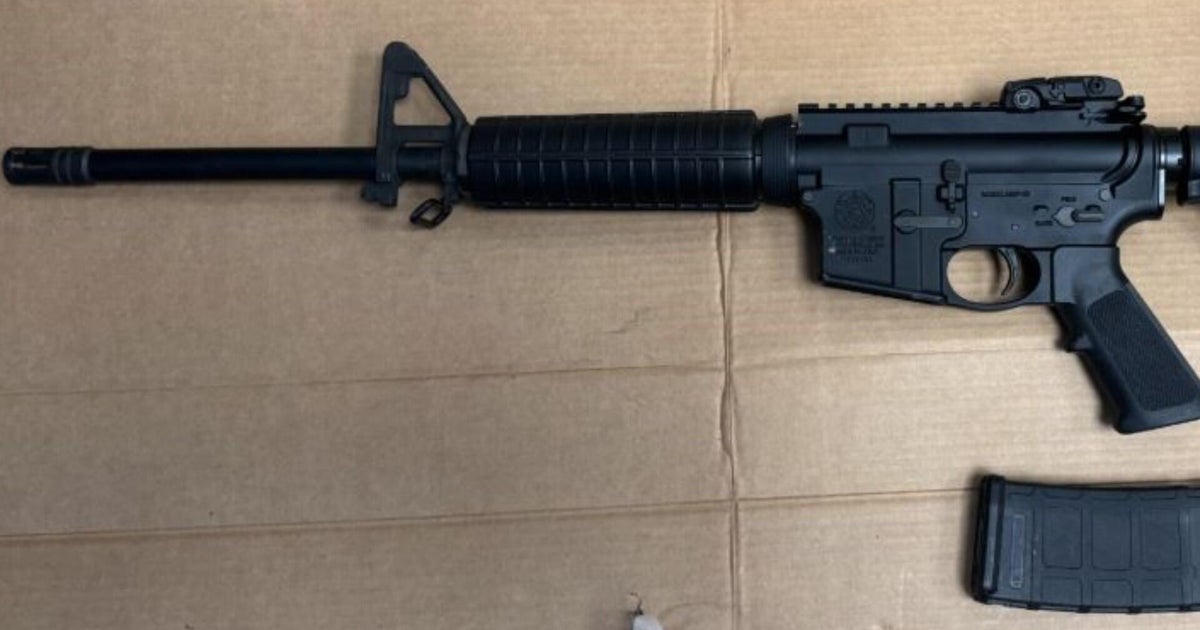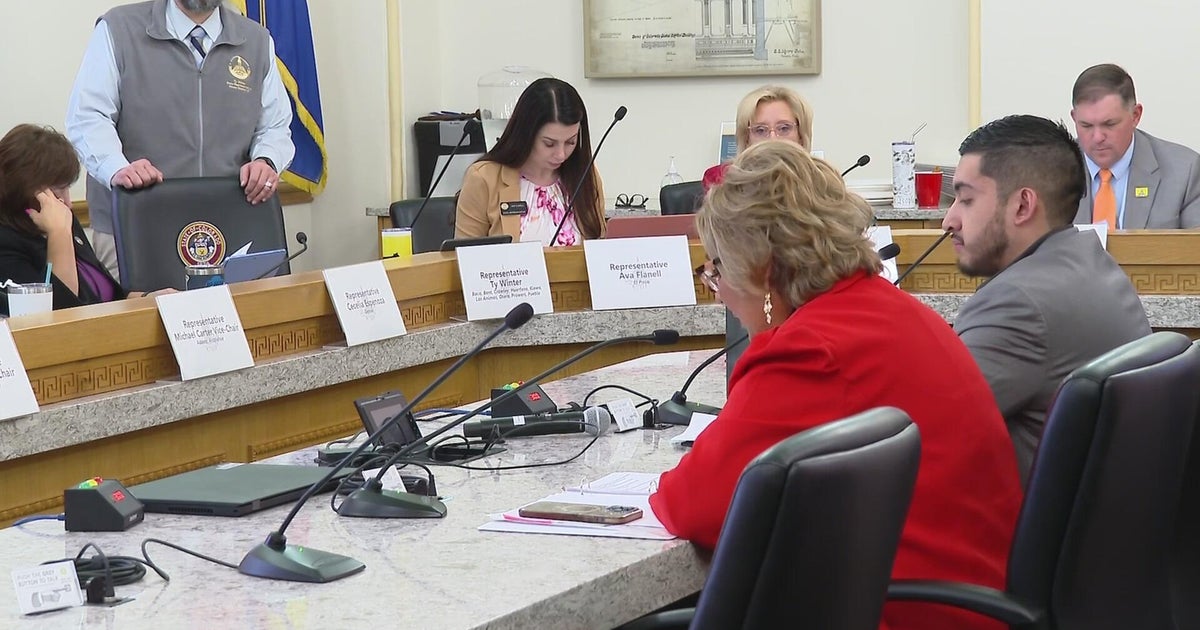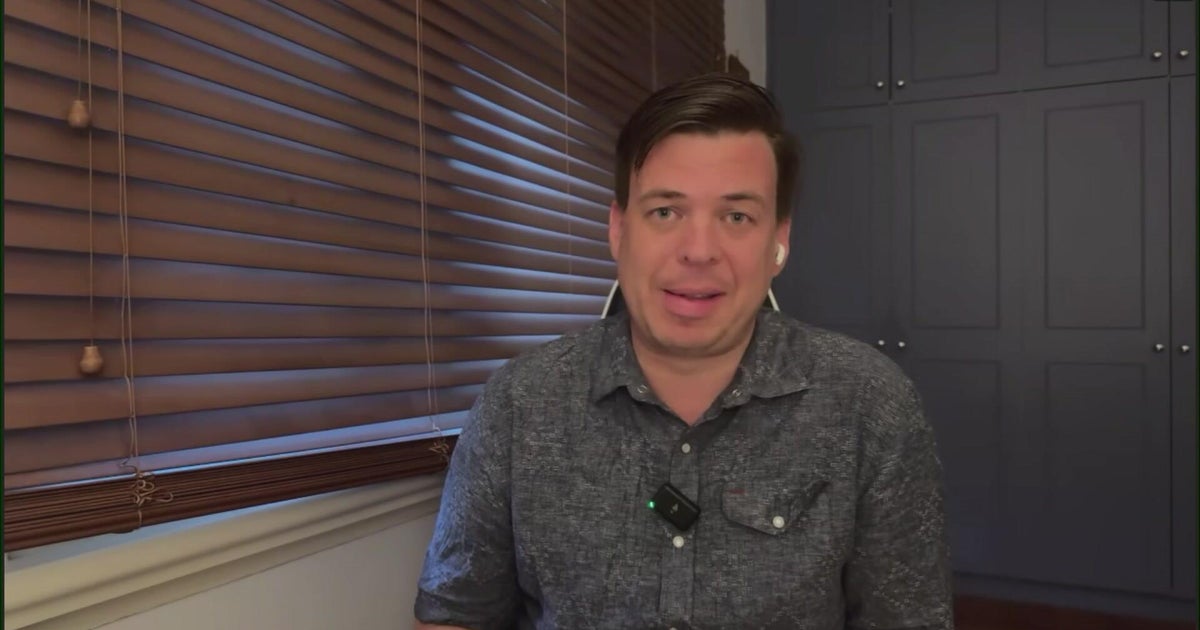ATF director says agency will use all its tools to stop gun violence
PITTSBURGH (KDKA) - As a weekend shooting at Kennywood illustrates, the region is in the grips of a gun crisis.
More and more young people are getting a hold of illegal guns and using them recklessly. But where are these guns coming from? And how do we keep them out of the hands of teenagers?
Guns in the hands of kids have claimed the lives of 28 teenagers in Allegheny County last year and on the same grim pace this year. According to ATF Director Steven Dettelbach, we're not alone.
KDKA's Andy Sheehan: "We have this huge surge in youth gun violence, and we have this phenomenon where kids are turning 14 and 15 years old and they're getting a gun."
Dettelbach: "One of the things I do when I go to a city is I try to meet with people in the community and state and local law enforcement and hear their perspective on this. And this issue of younger and younger people -- really kids -- getting and using firearms is something I've heard from not just one or two but many chiefs of police and police officers."
In response, ATF here and in Philadelphia has formed a Joint task force finds 'overwhelming' number of firearms possessed by juveniles are stolen with state and local police to stop the so-called "Iron Pipeline" of illegal guns coming from up from the south.
"We're tracking firearms that are coming into our cities, whether it's Philadelphia or Pittsburgh, from other places, and we have put together cases of firearms trafficking and gun running," said Dettelbach.
But the bigger problem has been so-called straw purchases, where adults buy guns and then sell them to teenagers who are not legally eligible to own them. Recently Congress passed the so-called Boyfriend Law, making this a more serious crime.
"Now if you're asking me, 'Will that stop the problem of gun violence?' I think that the honest answer is no, that's not going to stop the problem of gun violence," said Dettelbach.
The other main source of guns on the street are those stolen from cars and homes, and while the feds are not prosecuting people, they are asking gun owners to be more responsible to secure their firearms.
"Other people are gonna decide what tools they give us. Whatever they give us, we're going to use," Dettelbach said.
One tool is a new regulation against so-called ghost guns -- guns assembled at home from kits that have no serial numbers and cannot be traced.
Self-assembled firearms; detractors call them ghost guns. Until two weeks ago, they weren't defined as firearms at all, but Dettelbach says they're every bit as lethal.
"They're not ghosts guns, they're not called ghost guns because they don't hurt people. They hurt people like regular guns. They're called ghost guns because they're impossible to trace," he said.
In recent years, hundreds of thousands of gun part kits were sold online for buyers to assemble at home, but unlike regular guns, they did not have serial numbers and buyers were not subject to a background check, earning them the nickname ghost guns.
According to the ATF, in the past six years, law enforcement has been unable to trace 45,240 ghost guns, including 692 recovered in homicide or attempted homicide investigations. The new ATF regulation just gone into effect aims to change that.
Sheehan: "Are ghost guns now illegal in the United States?"
Dettelbach: "So as we sit here today, the law on privately made firearms, which some people call ghost guns, is the law. But individuals who are producing things that are now defined as firearms or were before need to both run background checks and have serial numbers on those firearms."
Almost immediately, 17 state attorneys general and several other private companies filed suit, aiming to overturn the new regulations. In sum, the flurry of legal paper alleges the ATF has overstepped its bounds in changing the law, which can openly be done by Congress.
Jim Stocker of Firearms Owners Against Crime said: "Home manufacturing (of a firearm) is a constitutional right. You have the right to create a firearm in your own home, manufacture for self-defense, personal use."
Sheehan: "Gun advocates say this a was rule promulgated by the president and it should have gone through Congress."
Dettelbach: "No court has enjoined enforcement of this rule. We at ATF believe it is firmly within our authority."
And for now, at least companies like JSD Supply in Bulter County are complying. Company representatives and their lawyers aren't commenting, but the company which got a cease and desist letter from the ATF months ago, is no longer selling the at-home assembly kits, only gun accessories. But gun rights advocate Jim Stoker believes JSD and others are just waiting to see the battle wend its way up to the U.S. Supreme Court.
"I think that's where it's going to have to go because it's a federal regulation, and that's where the ATF will be overturned," Stoker said.







